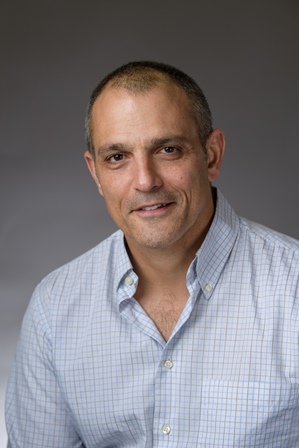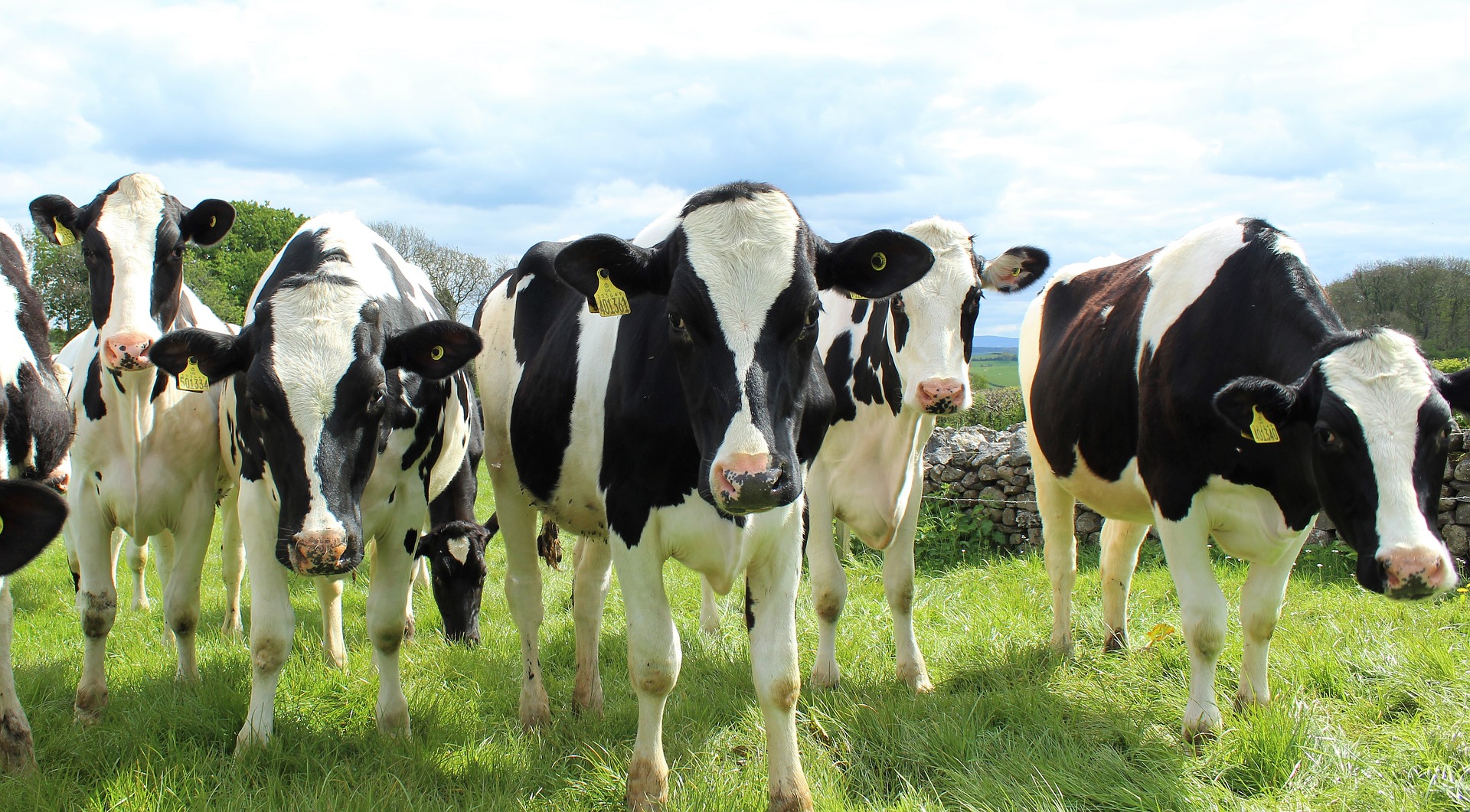BGU's Mizrahi Group has successfully manipulated a cow’s microbiome for the first time. By learning to control the microbiome, scientists can prevent cows from emitting methane, one of the most serious greenhouse gases.

Prof. Itzhak Mizrahi’s findings were published late last month in Nature Communications.
The microbiome is an underexplored area scientifically, yet it exerts great control over many aspects of animal and human physical systems. Microbes begin to be introduced at birth and produce a unique microbiome which then evolves over time.
Mizrahi and his group have been running a three-year experiment with a group of 50 cows. The cows were divided into two groups. One group gave birth naturally, and the other gave birth through cesarean section. That difference was enough to change the development and composition of the microbiome of the cows from each group. This finding essentially enabled the development of an algorithm to predict the microbiome development: an algorithm that will predict how the microbiomes evolve over time based on its present composition together with Prof. Eran Halperin’s group at UCLA.

“Now that we know we can influence the microbiome development, we can use this knowledge to modulate microbiome composition to lower the environmental impact of cows on our planet by guiding them to our desired outcomes,” says Mizrahi.
Mizrahi has investigated the microbiome of cows, fish and other species to prepare us for a world shaped by climate change. Reducing methane emissions from cows will reduce global warming. Engineering healthier fish, which is another of Mizrahi’s projects, is especially important as the oceans empty of fish and aquaculture becomes the major source of seafood.
Prof. Mizrahi is a member of the Department of Life Sciences in the Faculty of Natural Sciences and a member of the National Institute for Biotechnology in the Negev (NIBN). Earlier this year, he was awarded an ERC consolidator grant and a DIP grant.
Media Coverage:
JPost
Green Prophet
Xinhua